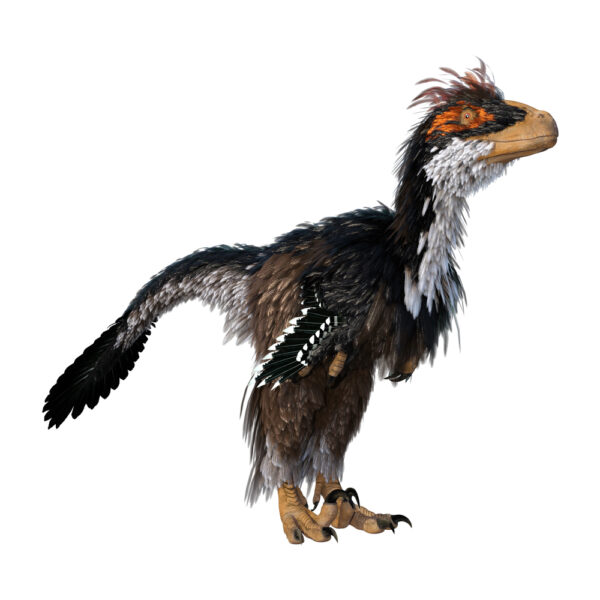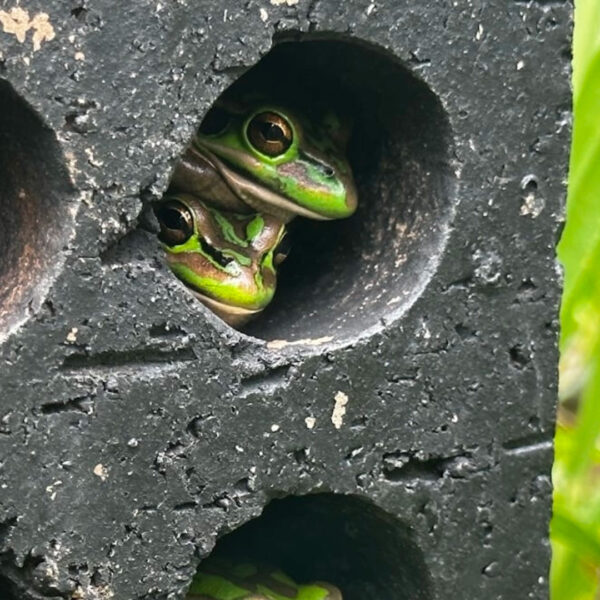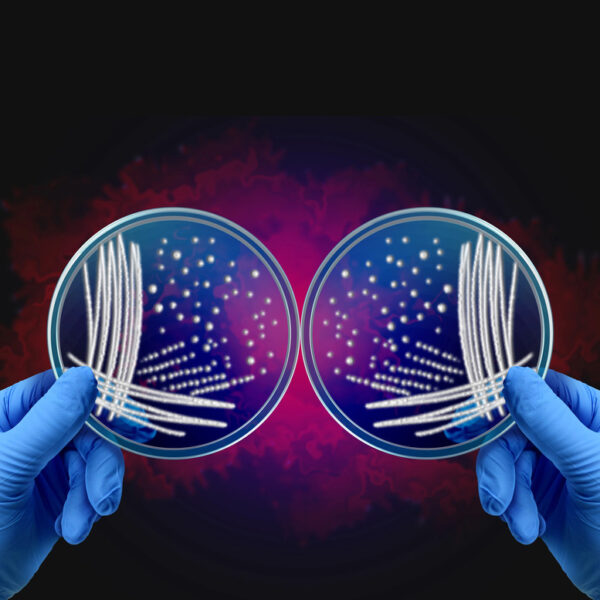Writer Fuel: “Silent” X Chromosomes Reawaken In Older Females, Possibly Boosting Brain Power
Dormant genes on the X chromosome may reawaken in old age, potentially giving the aging female brain a boost that the male brain doesn’t receive. This phenomenon may help to explain why, on many measures, females show a higher level of cognitive resilience in old age than males do. The findings come from a new … Read more











